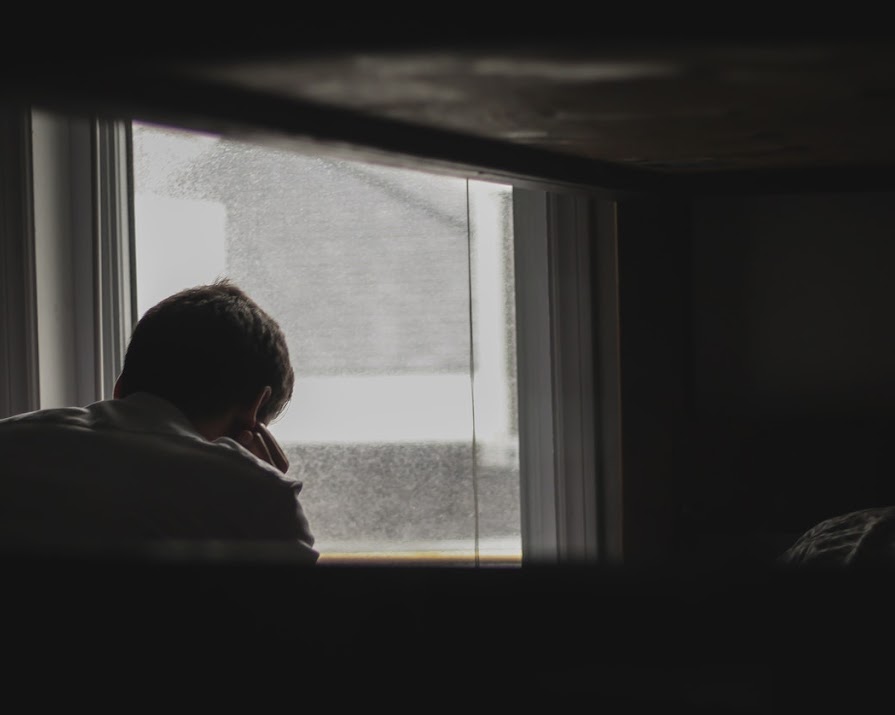
By Erin Lindsay
12th Nov 2018
12th Nov 2018
This week is Anti-Bullying Week and its aim is to increase awareness of bullying and its harmful effects. Many believe that bullying only takes place in schools and between children, but it is something that involves adults too and can be just as harmful.
When you’re young, it’s an unfortunate inevitability that you’ll have to deal with bullies at some point. From playground teasing to online trolls, bullying is often treated as something ‘that builds character’. In reality, it can be cripplingly traumatising for a person, and darken the memories of an otherwise happy childhood. The solace that many kids get from their daily torments, is that one day, they’ll grow up, leave the bullies behind and move on to brighter things. But unfortunately, bullies grow up too, and not all of them grow out of their behaviour.
Being bullied as an adult can be just as dark, lonely and depressing as it is as a child, and sometimes even more so. As children, we are always told about the wrongs of bullying, and what to do when confronted with a bully. You ignore them and go tell the teacher. But when you grow up, who’s the teacher? Who do we tell? How can we just ignore it?
First of all, it’s important to examine what adult bullying is. Bullying is ongoing aggressive and abusive behaviour towards a specific person or persons. It can be physical or mental abuse, and bullying tendencies often appear in cases of domestic or sexual abuse too. Ongoing is the operative word; maybe someone has said something very upsetting to you once, but this may not constitute ‘bullying’ as they are not continuing that behaviour. If someone says something distressing, you should raise the issue, calmly and concisely, with them directly. Often, they may not even realise that what they said upset you, and if they apologise appropriately, then hopefully you can both move on with no further issues. Obviously, if someone has been physically or sexually violent with you, even just once, this is completely different and cannot be excused with a simple apology.
If a person’s behaviour is continuously aggressive and upsetting towards you, you may have a bully on your hands. Your bully may be an aggressive co-worker, a toxic friend or an emotionally abusive partner. Regardless of who is causing you distress, the first step is acknowledging that this is not your fault. There is nothing you could be doing to warrant abusive behaviour, and the fault lies with the bully, not with you.
Often, adult bullying does not consist of silly playground insults; it is much more subtle. An adult bully may belittle you; undermine your ideas; exclude you from social situations or publicly humiliate you. It’s important to know that this behaviour isn’t just ‘normal banter’. If it’s upsetting you or affecting your self-esteem, it’s serious.
A good next step is to begin recording the bullying behaviour. Start writing down every incident, so that when it’s time to confront the issue, you have evidence of what has been going on. This is especially important if your bully is a co-worker, in which case, it will be essential to any type of investigation your HR department will conduct into the case.
To confront the situation and hopefully end it, firstly, talk to the bully. This might be very difficult, or even impossible in your situation, but if you can, calmly but directly tell them how their behaviour has been affecting you, that you won’t stand for it any more and that they must stop. Be specific with your examples; don’t let them brush it off as a ‘joke’. One thing that adult bullies have in common with childhood ones is that they respond to strength. If you show that you know your worth and that you will not tolerate being put down, they will be more likely to lay off.
If confronting them one-to-one doesn’t work, it might be time to get other people involved. In work, this could mean your boss or your HR department. If it’s a toxic friend or family member, let your mutual loved ones know what’s going on. There is strength in numbers, and confronting the bully with a group of people who also recognise unacceptable behaviour may finally force them to face their bullying ways.
If all else fails, it may be time to consider cutting this person out of your life. Although it may cause discomfort for other people around you, or inconvenience, at some point, you need to ask yourself what your mental health is worth. You do not deserve to deal with bullies and looking after yourself and your mental wellbeing should be your first priority.
Whatever your situation, talking about it will help. If you need to talk about bullying, or need advice on an abusive situation, Samaritans is free to call 24 hours a day, seven days a week on 116 123. Find more information about them here.























